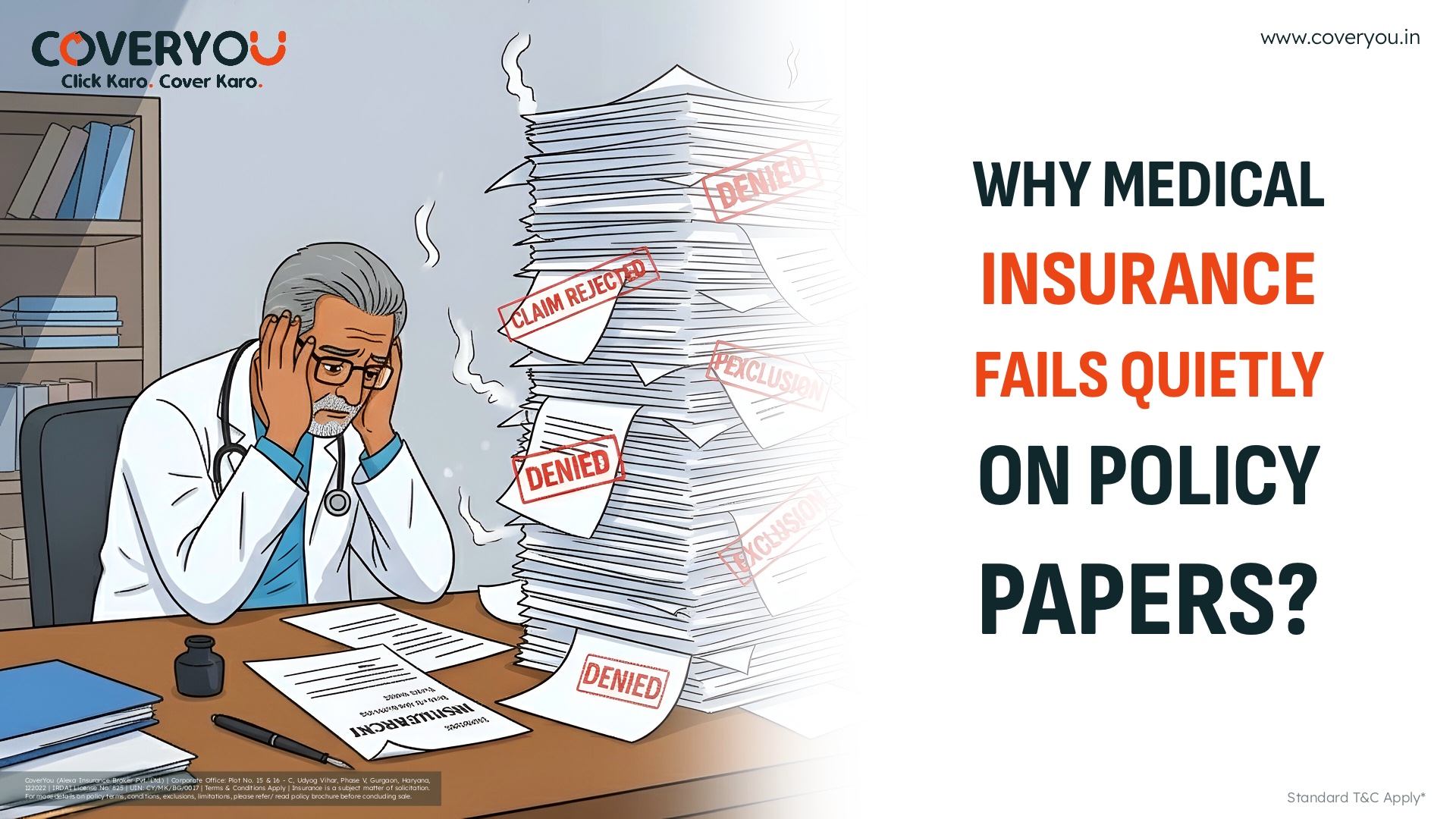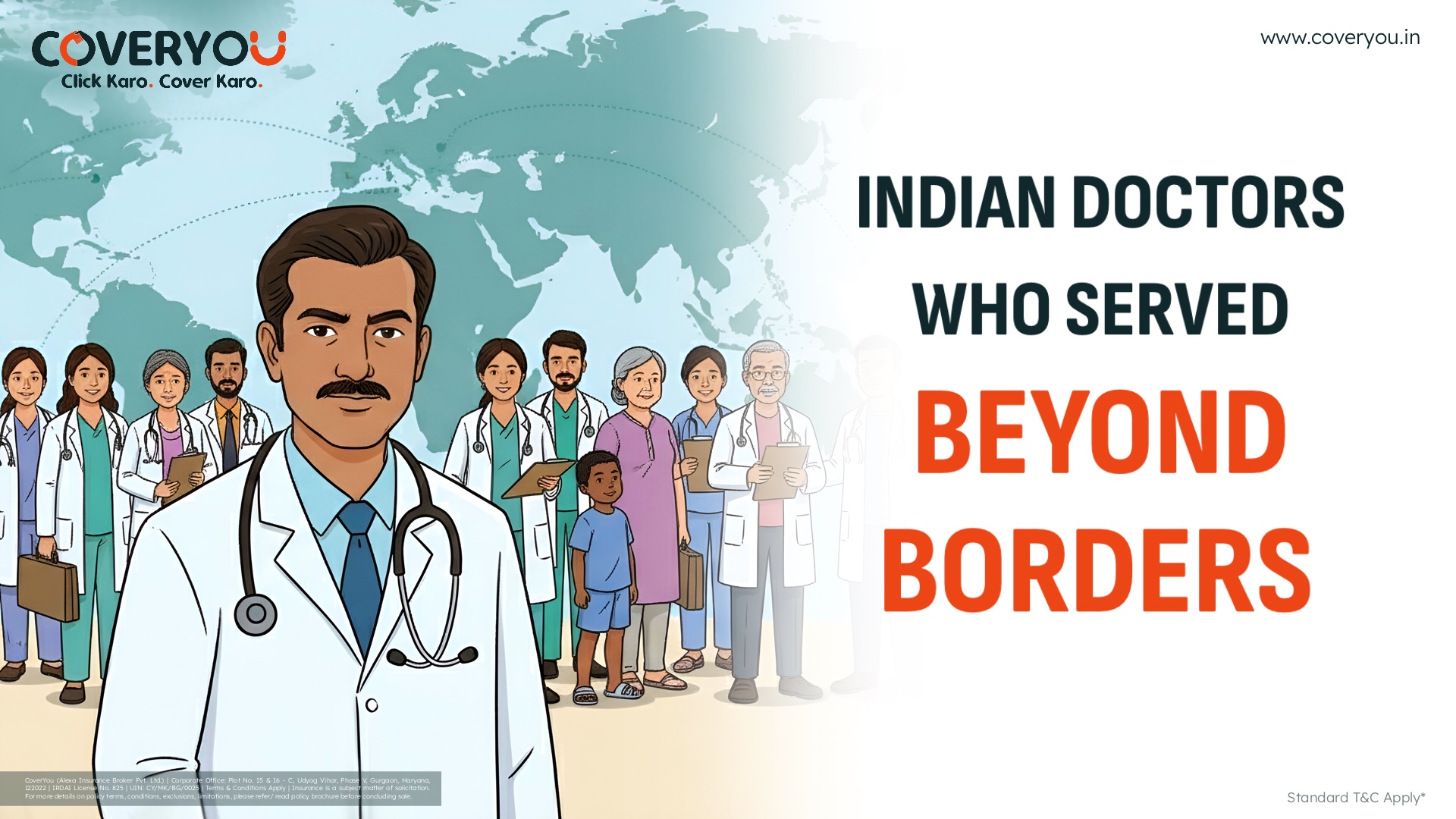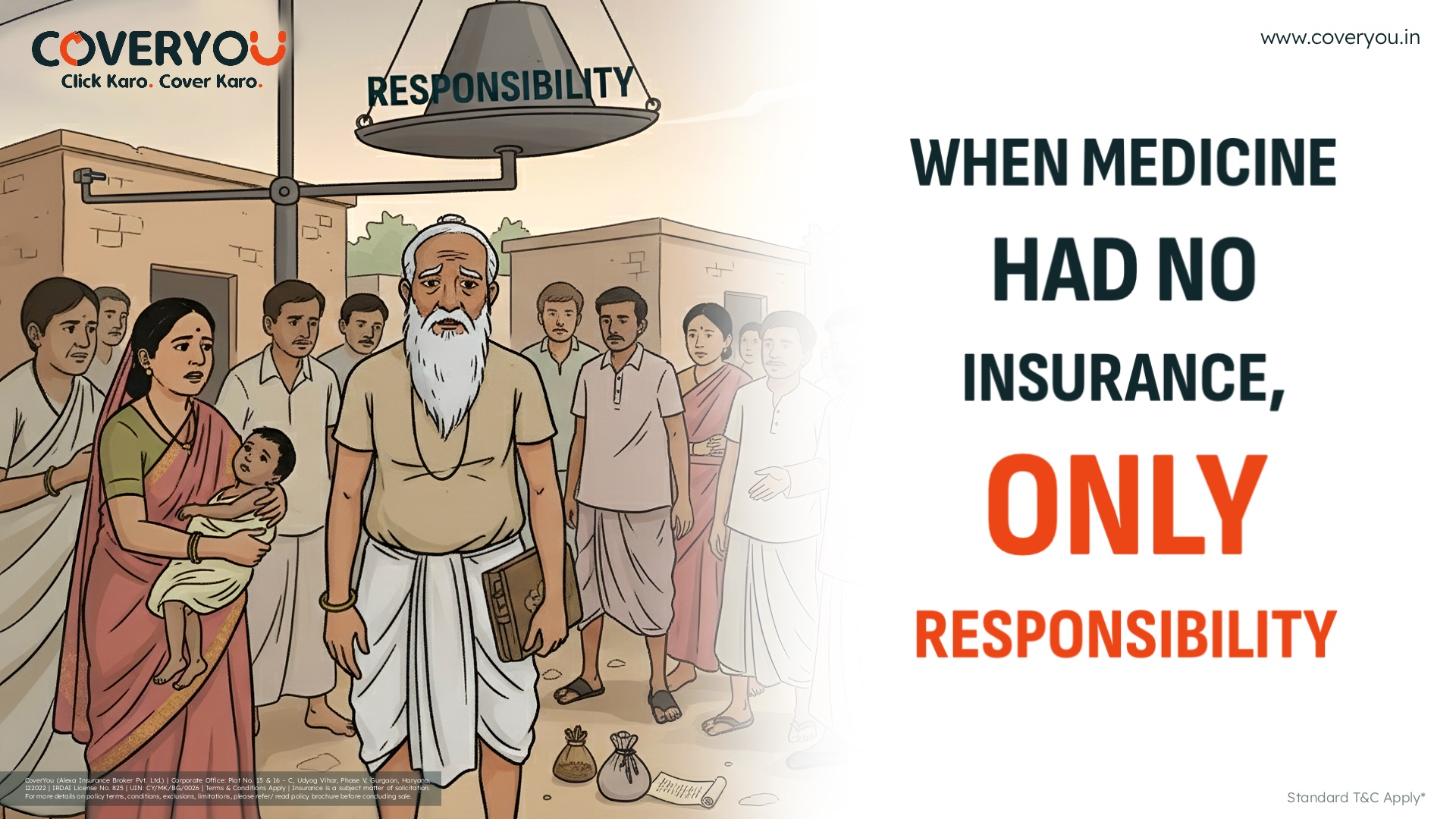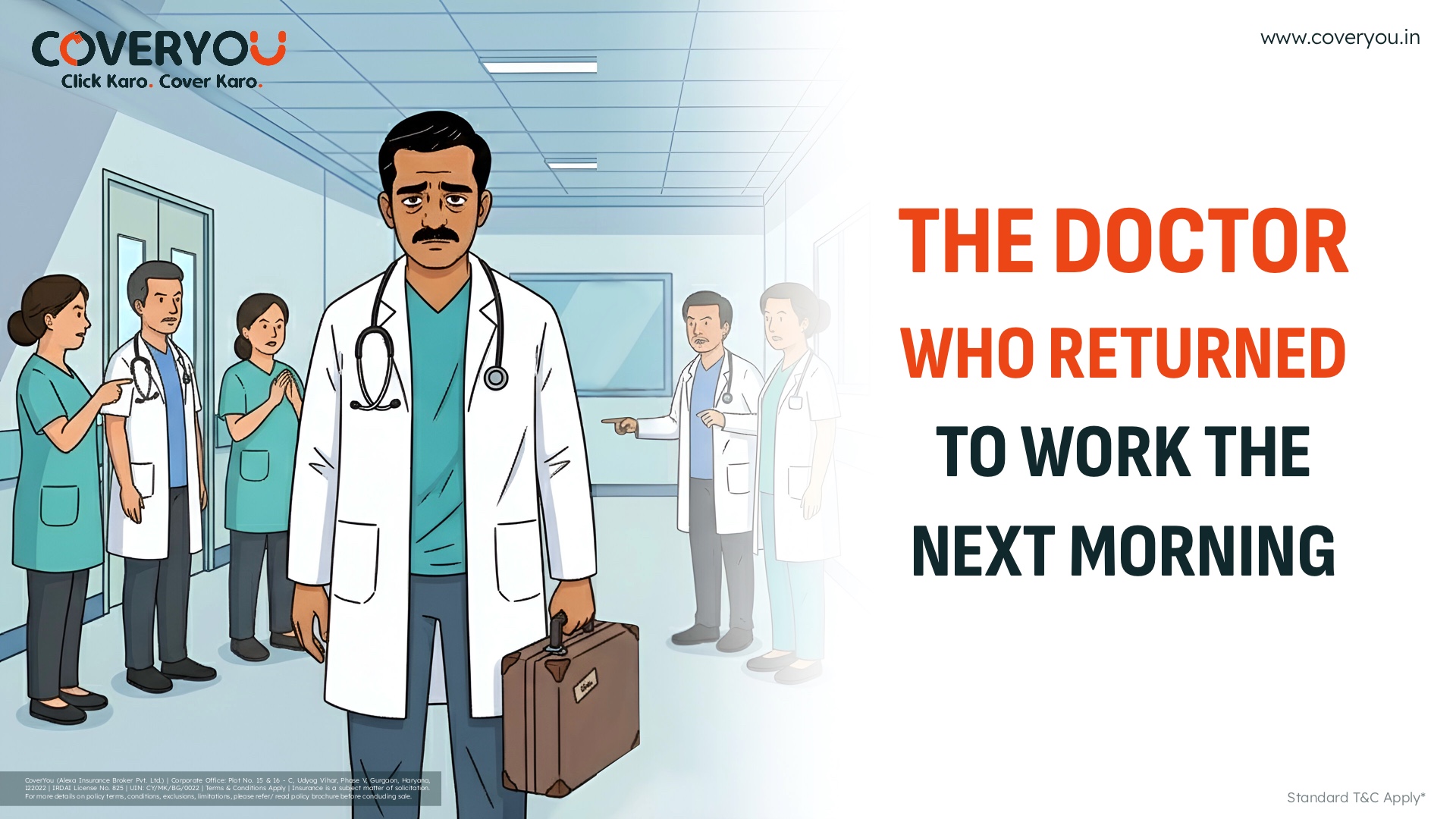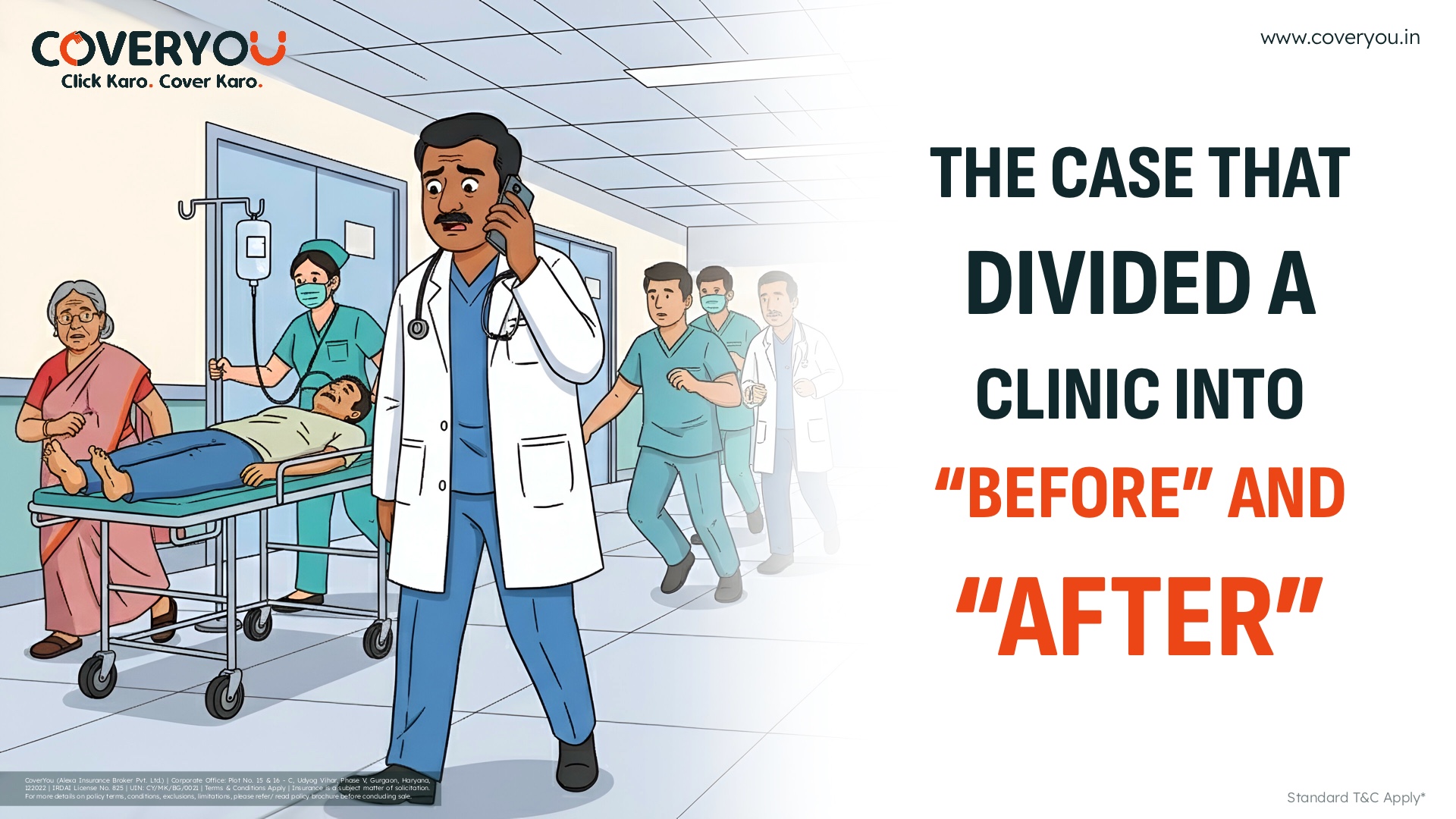Easing the Burden on Medical Professionals, the judgment of the Kerala High Court said, the doctor should not be blamed for every death that happened during the treatment. The court stated that legal action should be taken only in cases of blatant negligence or gross ignorance. The judgment has been seen as a piece of the future and practice by the healthcare professionals, who face legal trouble even when they perform their duty with good intentions.
The Roots of the Case?
The roots of the case stem from when a gastroenterologist, one of the private hospitals in Ernakulam, petitioned the court to halt his lawsuit. The doctor was charged with the death of a young patient who had received a kidney transplant procedure in the past. Unfortunately, the young patient died in 2012 while undergoing treatment for a stomach ailment.
When and Where Did This Happen?
On May 26, 2012, a tragic incident happened in one of the known hospitals in Ernakulam, Kerala. And recently, the court rendered a decision in the case.
Who Was Held Responsible?
The High Court decided that the doctor had not committed willful negligence. In violation of Section 304A of the Indian Penal Code (IPC). The court further ruled that the doctor’s care of the patient was neither careless nor inept.
Prescription medicine over the phone was not considered a careless or hazardous form. Medical associations backed the doctor’s actions, saying they were within reasonable bounds.
The court also pointed to a past Supreme Court (SC) order, which cautioned against blaming doctors for every unfortunate outcome. It cautioned that doing so might erode patient and physician trust.
Conclusion: A Sensible and Balanced Verdict
To support the medical professionals, the court ordered that not all the medical mishaps are due to negligence. And healthcare providers must be protected from superfluous criminal trials when they are performing their duty with good intention.
This approach boosts the stability of medical accuracy and is one that can make a difference between human error and criminal practice. The sole aim of this judgment is to protect the dignity of the healthcare professionals as well as the rights of the patients. This all makes sure that justice is not solely based on assumptions but truly based on valid proof.


